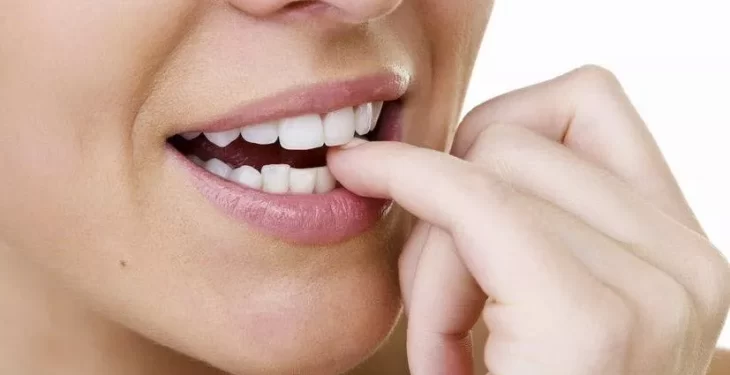Nail biting is a common habit that affects both children and adults. Studies have shown that about half of all kids and teens bite their nails, and it is more likely for a child to bite their nails if their parents also have this habit. Nail biting typically begins in childhood, between the ages of 4 and 6, and can continue into adulthood. It can be triggered by feelings of nervousness, boredom, hunger, or insecurity. However, it can also be a sign of emotional or mental stress and a way to cope with negative emotions.
While nail biting may not cause long-term damage, it can lead to unsanitary conditions and more frequent illnesses and infections. It can also make your nails grow out of shape, damage your teeth, and cause jaw problems. Therefore, it is important to try and quit this habit to avoid these complications.
To stop biting your nails, it is essential to understand the underlying cause of your habit. You can start by keeping a log of when you find yourself biting your nails and ask yourself if you are tired, stressed, or hungry. Once you have identified your unique trigger, you can work towards finding different ways to ease it.
Nail Biting: How Do You Stop It?
There are various methods you can try at home to help you stop biting your nails. Some of these include:
- Keeping your nails trimmed and filed to make them less appealing to bite
- Wearing bitter-tasting nail polish to discourage biting
- Using a stress ball or fidget toy to keep your hands occupied
- Practicing relaxation techniques such as deep breathing or meditation to reduce stress
- Putting a band-aid on your nails to remind yourself not to bite them
It is important to note that some cases of nail biting may require medical attention. If you have been biting your nails for an extended period and it has become a severe problem, it is advisable to check in with your doctor. They may refer you to a therapist or counselor who can help you understand the underlying cause of your habit and develop a plan to break it.
In conclusion, nail biting is a common habit that begins in childhood and can continue into adulthood. It is triggered by feelings of nervousness, boredom, hunger, or insecurity, and can also be a sign of emotional or mental stress. While it may not cause long-term damage, it can lead to unsanitary conditions and more frequent illnesses and infections. To stop biting your nails, it is essential to understand the underlying cause of your habit and try different methods at home. In severe cases, it is advisable to check in with your doctor for professional help. With time and effort, you can break your nail-biting habit and improve your overall health and well-being.
